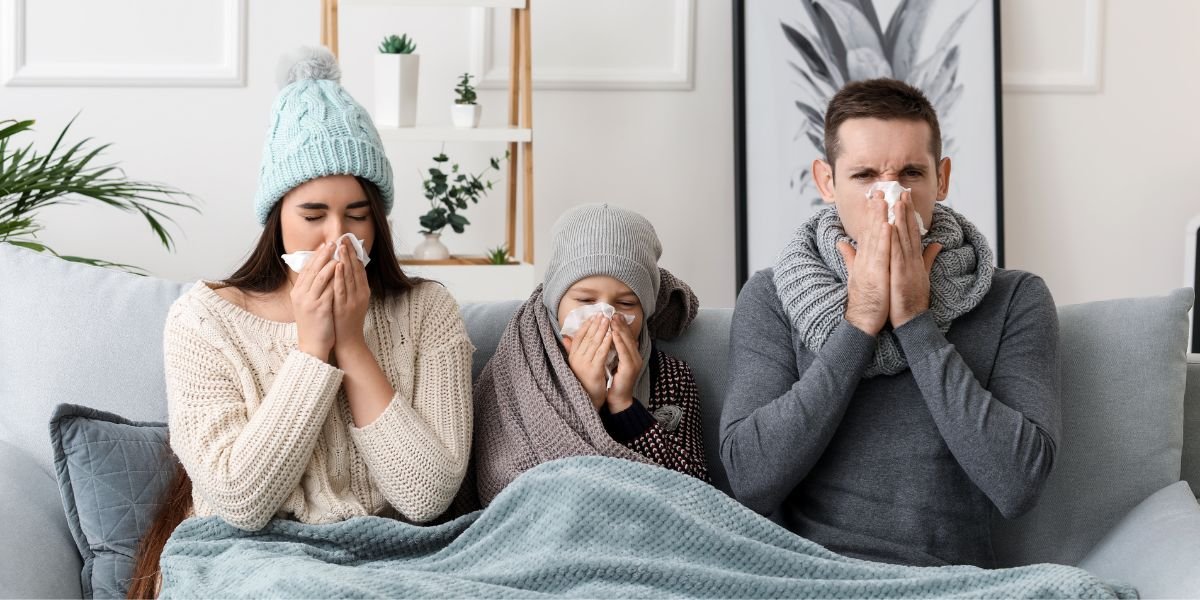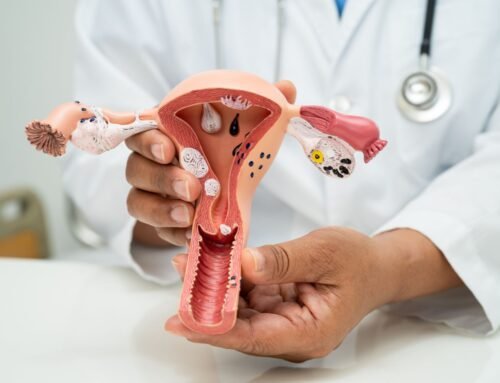To learn how to minimize flu, it’s essential to combine preventive measures such as vaccination, hygiene practices, and healthy lifestyle habits. Here are some detailed steps to help reduce your chances of contracting and spreading the flu:

1. Get Vaccinated
- Annual Flu Vaccine: The flu vaccine is the most effective way to prevent the flu and its complications. Get vaccinated every year, as the vaccine is updated to combat the most current flu strains
2. Practice Good Hygiene
- Hand Washing: Wash your hands frequently with soap and water for at least 20 seconds, especially after coughing, sneezing, or being in public places.
- Hand Sanitizer: Use an alcohol-based hand sanitizer when soap and water are not available.
- Avoid Touching Face: Try to avoid touching your eyes, nose, and mouth, as these are common entry points for the virus.
3. Maintain Clean Environment
- Disinfect Surfaces: Regularly clean and disinfect commonly touched surfaces, such as doorknobs, light switches, and cell phones.
- Avoid Sharing: Don’t share personal items like utensils, cups, or towels with others.
4. Healthy Lifestyle
- Balanced Diet: Eat a healthy diet rich in fruits, vegetables, lean proteins, and whole grains to support your immune system.
- Stay Hydrated: Drink plenty of fluids to keep your body hydrated.
- Regular Exercise: Engage in regular physical activity to boost your immune system.
- Adequate Sleep: Ensure you get enough sleep each night to help your body fight off infections.
5. Avoid Close Contact
Social Distancing: Avoid close contact with people who are sick. If you are sick, stay away from others to prevent spreading the virus.
Crowded Places: Try to avoid crowded places, especially during flu season.

6. Cough and Sneeze Etiquette
Cover Coughs and Sneezes: Use a tissue or the inside of your elbow to cover your mouth and nose when you cough or sneeze. Dispose of tissues properly.
Wear Masks: Consider wearing a mask in crowded or enclosed spaces, especially during flu season or if you are around people who are vulnerable to flu complications.
7. Antiviral Medications
- Consult a Doctor: If you are at high risk for flu complications (e.g., young children, elderly, pregnant women, or people with chronic health conditions), your doctor may prescribe antiviral medications to prevent or treat the flu.
8. Stay Informed
- Stay Updated: Keep informed about the flu activity in your area and follow any public health advice or guidelines provided by health authorities.
By implementing these strategies on how to minimize flu, you can significantly reduce your risk of getting the flu and help protect those around you.
Share This Story, Choose Your Platform!
Let’s Stay In Touch
Let’s Stay In Touch
Subscribe to the Gam-Med’s newsletter to stay in the know of changes, events, new policies and procedures.




